#China
NIO Cutting 20 Percent of Its Staff After Dismal Q2
Despite assuming the role of one of China’s most promising electric vehicle startups, NIO is struggling. The first quarter of this year was a mess. Worried about bad publicity stemming from battery fires, NIO recalled 4,800 vehicles — more than it sold in Q1. It also endured a noteworthy sales decline, a drop in share price, sold off its Formula E racing team, and announced it would cut around 10 percent of its workforce.
The situation has not improved for Q2. According to reports from the manufacturer, losses expanded 83.1 percent from the previous year to about 3.3 billion yuan ($463 million). Despite NIO’s recent addition of the ES6 crossover, Q2 sales were down 7.9 percent from Q1 — resulting in a grand total of 3,553 deliveries. NIO now believes it will have to sheer 20 percent of its workforce to save costs.
Driver Arrested for Impersonating a Chinese Cop… in California; Related to Hong Kong Protests?
This could be case of a holster-sniffing wannabe of an exotic variety, or it could be an international incident.
You’re probably aware of folks who like to drive around in former police cruisers carrying as much cop-car equipment as the local officials will let pass without issuing a citation for impersonating a police officer. It’s not a trivial issue to law enforcement because some folks do go over the line into actually impersonating authorities, including committing crimes under cover of fraudulent authority.
What, then, to make of the man arrested by the California Highway Patrol who was driving around Irvine in a black Audi sedan with very authentic-looking decals for China’s People’s Armed Police?
Tesla Dodges Chinese Tax, Raises Prices
With a 25-percent import tariff looming like a hanging blade over U.S.-built vehicles in the Chinese market, Tesla has managed to side-step another sales-sinking levy: the country’s purchase tax.
At 10 percent, the purchase tax applies to most vehicle sales in that market, though the state exempts various domestic “new energy” (electric) vehicles from the added cost. As of Friday, Tesla vehicles, despite being manufactured in California, will join the ranks of these privileged automobiles. However, buyers hoping to realize the full benefit of the tax cut are out of luck.
China Making Moves to Improve Its Crippled Auto Market
While you’ve heard the media prophesying a global recession for months now, one that will effectively obliterate the younger generation’s purchasing power for the rest of their lives ( or so they say), the United States is actually in relatively good shape vs other markets. The People’s Republic of China already appears to be in a recession, and it’s no state secret that its automotive market is hurting.
Part of that is due to the ongoing Sino-American trade war, but there are other factors at play. We’ve previously covered how China’s overzealous adoption of increasingly rigid efficiency mandates upset auto sales. As it turned out, the nation’s commitment to zero-emission vehicles and swelling emission rules scared off a subset of buyers. Others simply couldn’t rationalize making such a large purchase during a period of economic uncertainty.
This all resulted in China’s automotive market experiencing more than a full year of consistently negative growth — something the PRC would like to see fixed posthaste. On Tuesday, the Chinese State Council announced a tentative plan to fix its struggling economy.
Automakers Sweating After China Announces 25-percent Tariff on U.S. Autos
The trade war between the United States and China heated up again Friday, with the People’s Republic pulling a U-turn on its treatment of U.S.-built vehicles. Come mid-December, China will hit inbound U.S. vehicles with a 25-percent tariff. Auto parts will see a 5-percent tariff.
The new — well, resurrected — auto tariffs are a reactionary measure, coming after U.S. President Donald Trump proposed, then delayed, the levying of a 10-percent tariff on $300 billion of Chinese goods. While some import taxes will hit in September, the full range of tariffs is expected to come into effect on December 15th. China’s auto tariffs, first levied last year and lifted earlier this year as an olive branch gesture, are part of a larger raft of tariffs impacting $75 billion of U.S. goods. A 5- to 10-percent tariff hits non-auto U.S. goods on September 1st.
It’s no wonder every automaker wants to build Chinese-market vehicles within that country’s borders.
Geely Sees 40 Percent Profit Slip Over First Half of 2019
China’s Geely Automobile Holdings Ltd said on Wednesday that its first-half net profit slipped 40 percent due to the extended economic downturn impacting in the region. According to Reuters, the manufacturer posted a net profit of 4.01 billion yuan ($568.5 million) during the most recent half vs the 6.67 billion yuan it made over the same period a year earlier.
Sales growth is also down. Between January and June, Geely sold 651,680 vehicles — roughly 15 percent less than in the same period in 2018. Finding something to attribute that to will be easy, however. China’s automotive market has been on a downhill slope for 13 consecutive months and we know of at least two reasons why.
Why Is Nio Struggling?
Nio, one of China’s biggest EV startups, is confronting difficult times, though the primary reasons for its plight are less than obvious. Automotive startups have a low survival rate, but Nio was presumed to be the next big thing in vehicular electrification. It looked poised to become one of the few EV companies that would survive in Asia, likely serving as China’s response to Tesla, and even had a successful Formula E racing team to showcase its engineering might.
We sad had because Nio sold that team this year. It also needed to recall 4,800 vehicles after reports of three catching fire, endured a sizable sales drop, witnessed its share price plummet, announced plans to layoff 10 percent of its workforce, and just lost one of its co-founders.
Chinese Auto Market Still Sour, Dealers Discount Old Stock
Automotive retail sales in China rose slightly last month, representing the first uptick in volume over the last year, according to Bloomberg. But those gains were the result of a nationwide fire sale of backed-up inventory that dealers were tired of seeing clutter up their lots. Officially, the China Association of Automobile Manufacturers (CAAM) says the new vehicle market still kind of sucks.
For June, wholesale deliveries of new passenger vehicles fell 7.8 percent to 1.73 million units. That’s twelve straight months of negative growth.
Europe Wants to Compete With China's Battery Production, Eventually
Wary that China might have the battery market totally cornered by the time electric vehicles become mainstream, the European Union is trying to jumpstart the industry at home. This year, the EU has started working with manufacturers and financial institutions to develop a reliable supply chain of the lithium-ion packs that have been difficult to come by.
European Commission Vice President Maros Sefcovic is targeting 100 billion euros ($113 billion) for the program, which Bloomberg said would help the EU “act like China.”
BEV Fires Encourage China to Get Serious About Battery Safety, Vehicle Monitoring
China is currently the largest proponent of electric vehicles on the entire planet. The nation has even incorporated BEVs as a significant part of its complex strategy to overtake the United States the dominant global superpower. However a sudden influx of battery related fires has caused it some trepidation, even though there hasn’t been much evidence to suggest they are actually more prone to catching fire than gas-powered vehicles.
Regardless, the People’s Republic is now demanding that manufacturers conduct routine inspections on electric cars. China’s Ministry of Industry and Information Technology says all companies must conduct checks on BEVs, focusing on battery waterproofing, battery boxes, charging points, high-voltage wiring harnesses, and even the wear of mechanical components. They will also be required to report on repairs and any incidents that might indicate a problem. According to the ministry’s press release, they have until October to submit their findings.
Can't Get No Tariff Relief: Tesla, GM, Nissan, FCA, Uber Appeals Denied
Large U.S. companies hoping to side-step the 25 percent tariff on Chinese goods by appealing to the government aren’t having much luck. Since July, the U.S. has imposed the tariff on billions of dollars worth of goods from the People’s Republic, leading to financial fallout for automakers heavily invested in the region.
And it seems no one complained more than General Motors. Tesla, Nissan, Fiat Chrysler, and Uber also sent in official gripes in the hopes of receiving an exemption, only to have the door hit them on the way out.
General Motors Says Not To Worry, It'll Make Money With Electric Cars
There are a number of things holding up the electric revolution, but one of the biggest obstacles is the high sticker price of battery-powered vehicles compared to internal combustion rivals. General Motors recognizes this wants to reassure potential customers that this won’t be the case forever. On Wednesday, GM President Mark Reuss told the UBS Global Industrials and Transportation Conference that his company will deliver “very average transaction prices” for battery driven vehicles sooner than anticipated.
Many analysts fingered 2025 as the first year we could realistically expect electric cars to fall in line with their ICE counterparts in terms of price. But those earlier predictions are now under fire from world events — notably, uncertainty surrounding the world’s ability to mine the necessary materials at scale, plus a trade war involving one of the world’s largest battery producers.
China Fines Ford Over Supposed Antitrust Violations, Assembles List of 'Unreliable Entities'
China has fined Ford Motor Company’s main joint venture in the country, Changan Ford Automobile Co., over antitrust violations. However, the more likely scenario is that the People’s Republic is trying to flex some muscle after the Trump administration declared a ban on doing business with Huawei, the world’s largest telecommunications provider, on national security grounds.
The oversimplified gist of the situation is that America doesn’t trust a telecom firm with direct ties to the Chinese Communist Party that could easily be tapped by the Chinese government for espionage. Several countries banned Huawei equipment earlier this year after the U.S. Justice Department unsealed a raft of indictments, included 23 counts pertaining to the alleged theft of intellectual property, obstruction of justice, and fraud relating to sanctions against Iran.
U.S. to GM: Sorry, Pay Your Buick Envision Tax
Pity the poor Buick Envision. As one of the few Chinese-built vehicles sold in America, it earned an unpatriotic stigma upon its arrival. There’s no word on how many UAW workers own one. Meanwhile, the compact crossover launched partway through the 2016 model year with only high-end trims in tow, saddling it with a steep starting price. The entry price has since declined to saner levels.
Just when Buick thought it had righted the Envision ship, the U.S. hiked tariffs on a slew of Chinese goods to 25 percent last July, suddenly making the Envision a less profitable endeavor for the doctor’s car brand. As we learned today, General Motors’ appeal for mercy apparently fell on deaf ears.
Driving Dystopias: China Doesn't Sound Terribly Fun
With China having become the world’s largest automotive market by individual sales, it’s worth keeping tabs on it for burgeoning driving trends. While that’s predominantly revolved around electric vehicles, the People’s Republic also has pretty strict driving rules backed by some of the tightest monitoring of a civilian population imaginable. China is setting up a vast surveillance system that tracks every single one of its 1.4 billion citizens and is adapting it for use in its new “social credit system,” which sounds like the most Orwellian thing in existence.
The system is intended to publicly shame criminals, debtors, jaywalkers, and those with “controversial” political views while monitoring their every move but it’s also doing a fine job of making life harder for drivers.








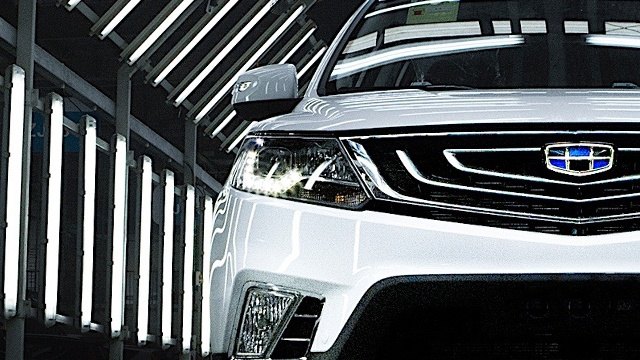


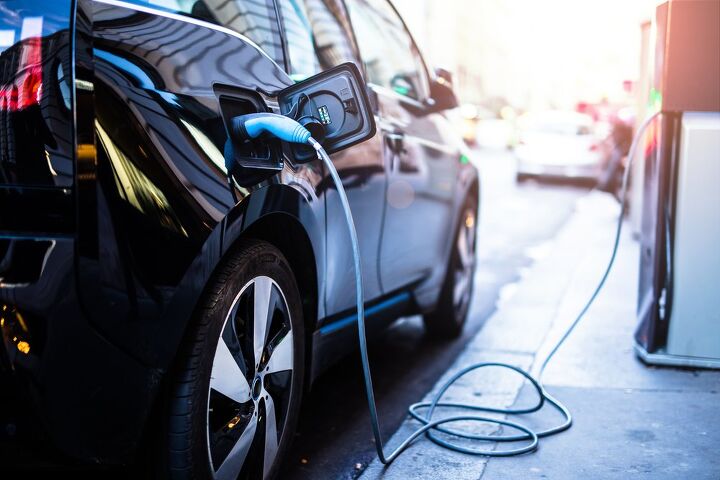

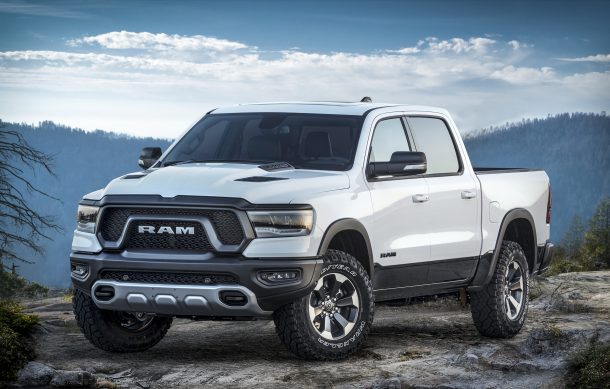
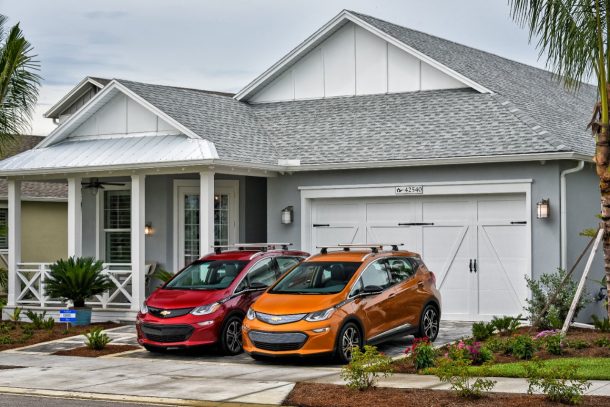
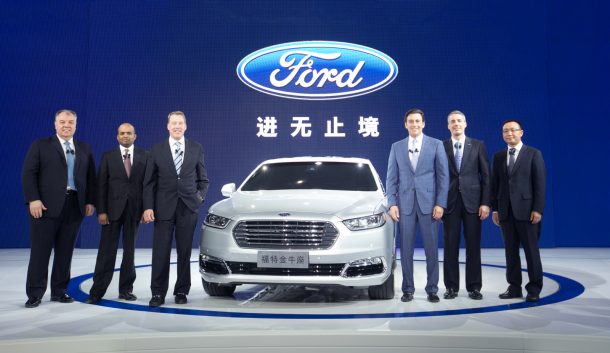
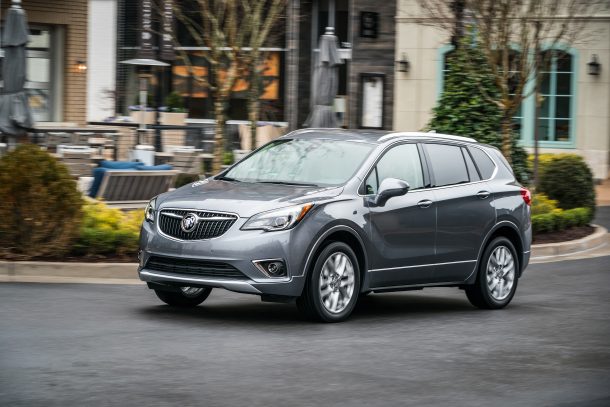
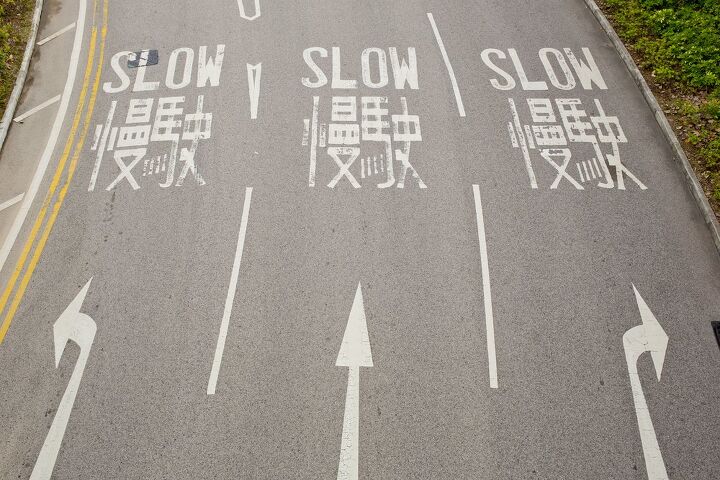












Recent Comments